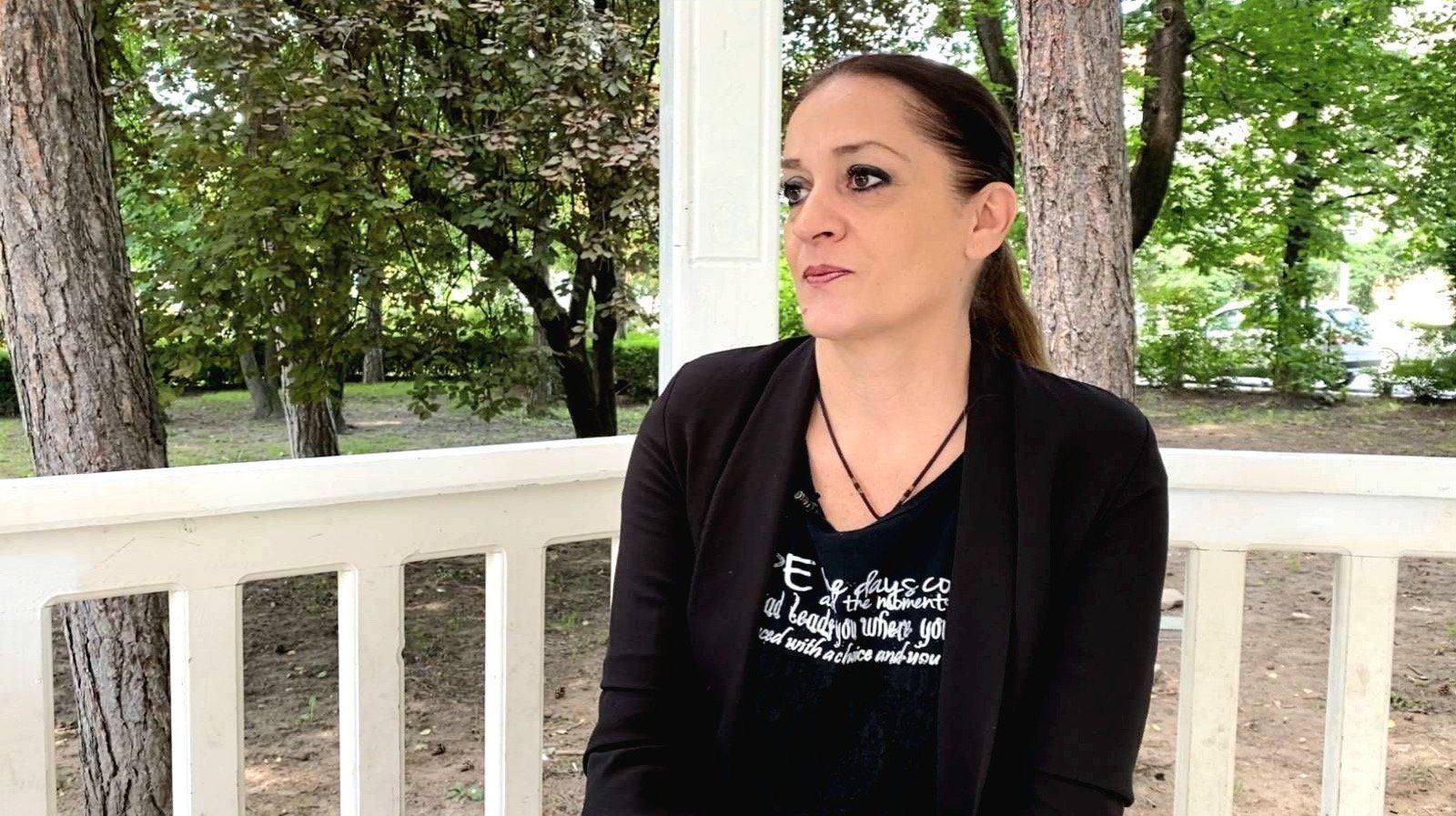Written by: Aleksandra Bosnić Đurić
What does a dialogue look like when one person makes all decisions? How can authoritarianism be dismantled when, as experience shows, it cannot be curbed, let alone peacefully transformed into a democratic system, especially in a political environment where the players never change? These are largely rhetorical questions. Both impartial observers and weary participants in the region’s political turmoil can see that Serbia has been suffocating under authoritarian rule and various forms of repression for over twelve years. To make matters more complex and dangerous, this reality is unmistakably spilling over into Montenegro and Republika Srpska. Supporters of Serbia’s ruling regime have already begun framing these neighboring regions as peripheral extensions of a broader national force, one imagined and sustained within an authoritarian vision, under which the idea of a “Serbian world” was born and has taken root.
It’s only natural, then, to keep returning to a central question: what happens after the fall of Serbia’s autocratic regime? Would a newly established democratic order be able to break free from the grip of authoritarianism and also shed its deeply undemocratic fixation on national unity, a unity that insists on the “togetherness” of the Serbian people, regardless of their location?
Authoritarianism, by its very nature, is incompatible with genuine dialogue, just as it is with political fairness. As long as Serbia remains entrenched in this mindset, and as long as the regime blocks every avenue for progressive discourse within society, it’s unrealistic to expect any form of healthy, assimilation-free communication with neighboring countries to take root externally.
Recently, Aleksandar Olenik, a politician and lawyer, stated clearly that political change in Montenegro is tied to the success of protests in Serbia and to the rise of a student-led electoral list. In his view, once the regime in Serbia is replaced, a power shift could follow in Montenegro as well.
But in a context where the Serbian regime has already refined the tactic of using “migrant voters”, spreading electoral support across the so-called “Serbian world”, and where election manipulation is routine (including duplicate voter lists, vote buying, intimidation, and the suppression of media freedom), the very idea of real political change feels like a monumental challenge. After the chaotic local elections in Kosjerić and Zaječar, marked by a series of irregularities still under investigation by election monitors, the President of Serbia offered “dialogue” as a way out of the political crisis, a crisis that is periodically rebranded as either “stability” or “threat”, depending on the regime’s needs.
The day after this so-called call for dialogue, a new wave of arrests took place. This time, those detained included several university professors, students, and even a high school senior. Within less than 24 hours, the dean of the Medical Faculty in Novi Sad and two university professors who had participated in intersection blockades were arrested. Four residents of Novi Sad were also detained for throwing eggs and flour at the offices of the ruling party, on suspicion of “insulting and reckless behavior.”
According to unofficial reports, the director of the Emergency Center at the Vojvodina Clinical Center, a leading vascular surgeon who operated on victims during the November 1st collapse of the train station canopy in Novi Sad, was dismissed from his position the same day the arrests occurred, reportedly due to his support for the student protests.
In Užice, instead of attending their prom, a group of high school seniors appeared in formalwear outside the courthouse in solidarity with a classmate who had been arrested in Kosjerić. The student had been detained just six hours before prom night and released the following day. During the protests in Kosjerić, students addressed the public:
“Today we stand here not because we want to, but because we have to, because once again we’ve been denied something that should be guaranteed in any functioning country: justice. Today was not supposed to be a protest. Today was supposed to be a celebration. A young man from Kosjerić, a senior, a student, a son, a brother, a friend, was supposed to be celebrating the end of one chapter in his life. Instead of wearing his prom suit, he was put in handcuffs…”
In this context, the call for dialogue feels like a near-perfect inversion of reality, a cynical paradox, an authoritarian wager in a setting stripped of meaning. It becomes a hollow placeholder within the structure of a fictional political conversation. In essence, the very “invitation” to dialogue is a manifestation of authoritarianism itself. In an authoritarian system, the regime’s survival depends on the absence of genuine political communication. The political stage becomes a set upon which pre-approved consent is projected, with no actual space for dissent.
In contrast, in a democratic society, political identity is not predetermined; it emerges through free and autonomous communication, grounded in human rights and supported by independent institutions. That’s why the so-called “invitation to dialogue,” when paired with repression and censorship, is ultimately an empty gesture devoid of substance. It’s just another illusion meant to reinforce the authoritarian order.
So, the only decent and democratic response to this authoritarian overture is a simple:
No, thank you.
What is currently unfolding in Serbia is a real-world validation of a well-known theoretical insight: that authoritarian regimes can preserve the appearance of democratic institutions while manipulating legislative bodies to entrench power through rigged, non-competitive elections.








Komentari (0)
POŠALJI KOMENTAR